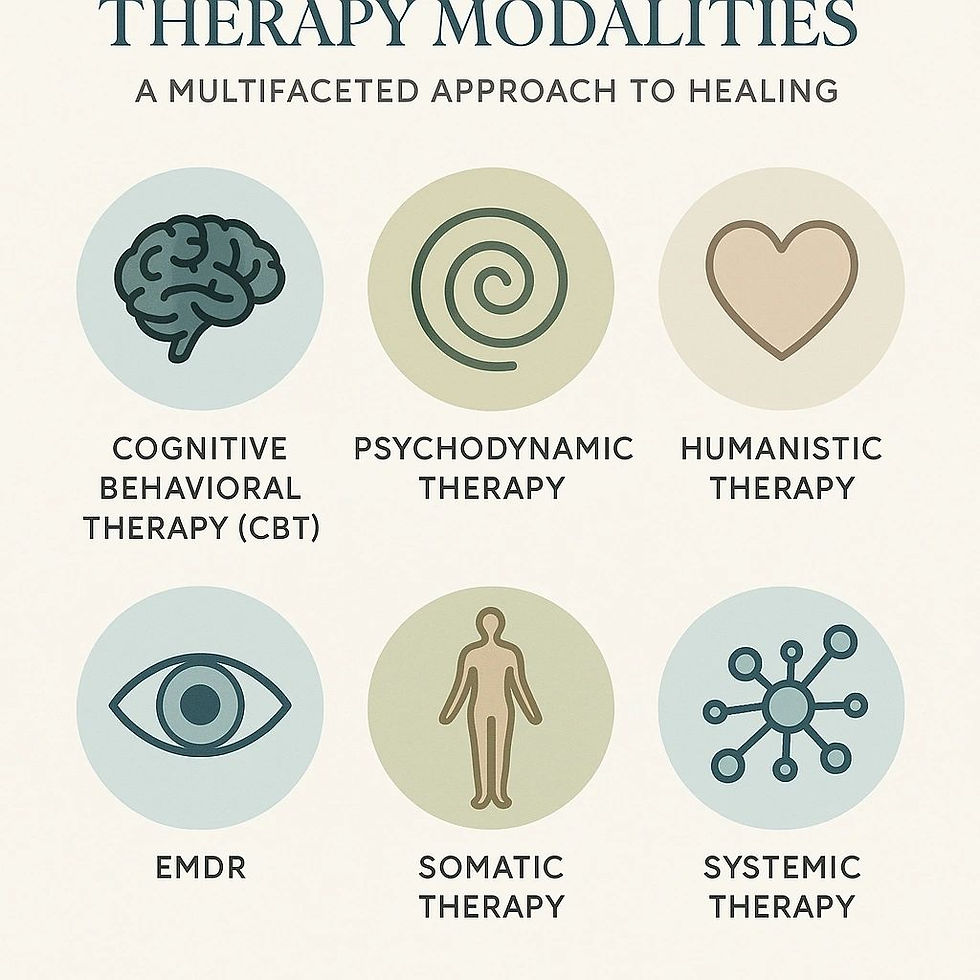Living in Fear: The Anxiety of I.C.E.
- Allison McCue-Napoli
- Feb 8
- 2 min read

For many undocumented immigrants and even legal residents, the mere mention of Immigration and Customs Enforcement (I.C.E.) can trigger deep anxiety, fear, and uncertainty. The agency, responsible for enforcing immigration laws, has long been a source of distress for immigrant communities across the United States. Whether through high-profile raids, workplace enforcement actions, or sudden detentions, I.C.E.'s presence casts a long shadow over the daily lives of many individuals and families.
The Psychological Toll
Living under the constant fear of detention or deportation takes a severe toll on mental health. Anxiety over I.C.E. can manifest in various ways, including:
Hypervigilance: Many immigrants must always be on guard, avoiding public spaces or interactions that could put them at risk.
Sleep Disorders: Nightmares, insomnia, or disrupted sleep are common for those fearing a knock at the door in the middle of the night.
Social Isolation: Many individuals withdraw from their communities, skipping work, school, or even medical appointments out of fear.
Depression: The uncertainty and stress of potential deportation can lead to persistent sadness, hopelessness, and even suicidal thoughts.
The Impact on Families
I.C.E. enforcement affects not only individuals but entire families, especially children. U.S. citizen children of undocumented parents often suffer extreme anxiety, fearing that their loved ones may be taken away at any moment. This can lead to:
Educational Struggles: Fear and stress interfere with concentration and academic performance.
Behavioral Issues: Increased aggression, withdrawal, or emotional distress are common responses to trauma.
Economic Hardship: If a primary breadwinner is detained, families may struggle to make ends meet.
Coping Strategies
While the fear of I.C.E. is real and justified, there are ways to manage anxiety and regain a sense of control:
Know Your Rights: Understanding what to do if confronted by I.C.E. can be empowering. Resources from organizations like the ACLU or United We Dream can help.
Build a Support Network: Connecting with community groups, religious organizations, or legal aid networks can provide emotional and practical support.
Seek Mental Health Support: Therapy, support groups, and hotlines can provide guidance and help individuals process their emotions.
Stay Informed but Balanced: While it's essential to stay updated on immigration policies, constant exposure to negative news can worsen anxiety. Taking breaks from social media and the news cycle can help manage stress levels.
Hope Amidst Uncertainty
Despite the fear and anxiety, resilience remains strong within immigrant communities. Advocates and activists continue to push for reform, and many local governments have adopted sanctuary policies to limit cooperation with I.C.E.
If you or someone you know is struggling with fear related to I.C.E., remember: you are not alone. There is strength in the community, and there are resources available to help navigate these challenges. Staying informed, connected, and proactive can make a difference in managing anxiety and reclaiming a sense of stability.








Comments